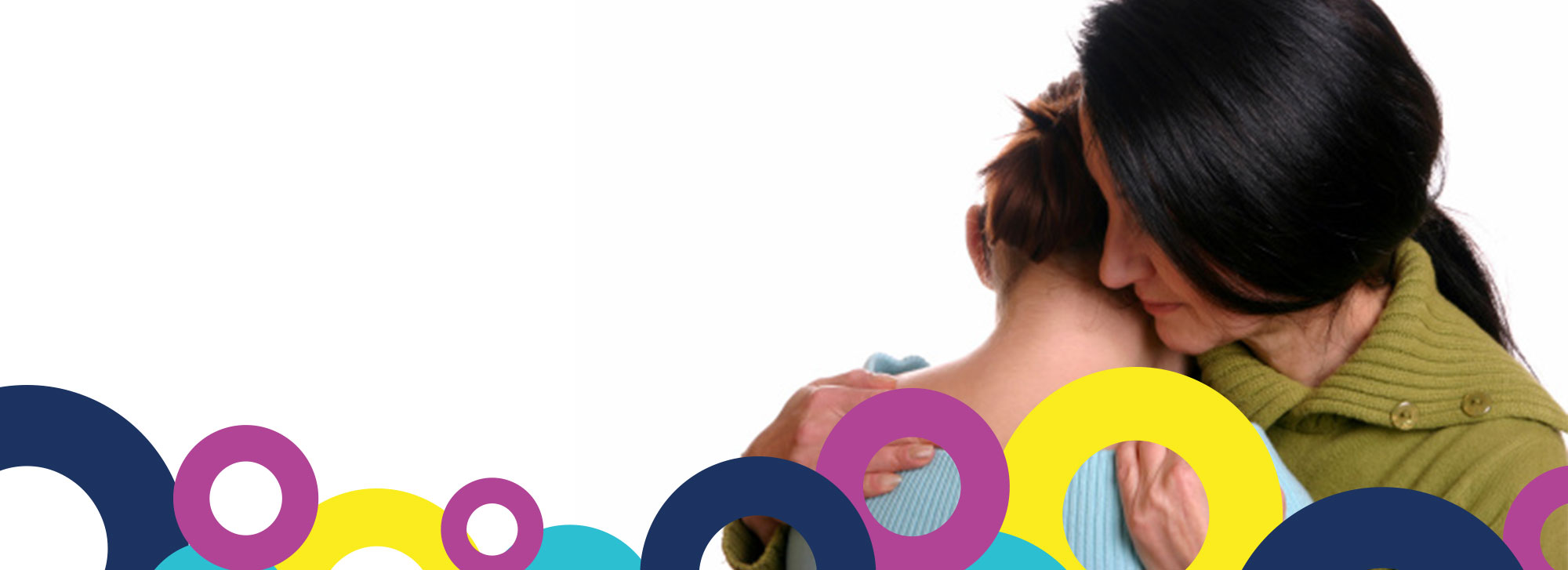
Podcast – Season Three
THE 23RD PIECE: BYSTANDER INTERVENTION
When we witness gender-based violence it can be tricky to know how to respond, even when we really want to help. Using the 5 D’s of Bystander Intervention, this episode offers practical tools to help identify when and how to respond in a way that is safe and supportive. We all have a part to play in creating a culture of accountability that doesn’t tolerate acts of gender based violence.
;
THE 22nd PIECE: “I ASSUMED THAT WHAT I DID, I WAS NOT CAPABLE OF DOING”: A CONVERSATION ON HARM AND ACCOUNTABILITY
Content warning: this episode contains references to sexual assault from the perspective of a perpetrator
We cannot end sexual violence without working with those who cause harm, the perpetrators themselves. In this episode, our host Dr AnnaLise Trudell has a raw and at times emotional conversation with a man who has perpetrated sexual violence. Using Mia Mingus’s four-part model of accountability, they discuss the ongoing process of self reflection, what apology and repair looked like it in his particular case, and how he moves forward with changed behaviour. They also work through some messiness and nuance around “cancel culture”, and discuss his decision to come forward for this interview while remaining anonymous. This is a heavy episode. You will hear both the guest and our host process through some difficult concepts and emotions. Accountability, like healing, is a journey rather than a destination. We invite you to sit with us in the messiness of this process, but we also want to remind you to take care of yourself.
THE 21st PIECE: SEXUAL ASSAULT AWARENESS MONTH
Content warning: this podcast contains references to sexual assault.
May is Sexual Assault Awareness Month (SAAM) and this can’t-be-missed episode will help you gain a better understanding of the issue, the causes and the prevention tactics that work (and those that don’t). 1 in 4 women and 1 in 10 men will be sexually assaulted at some point in their lives.
If you need help, we’re here for you. Call our 24/7 Crisis and Support Line: 519-642-3000
THE 20th PIECE: HOW DOES EMBRACING MENSTRUATION AND ADDRESSING MENSTRUAL EQUITY PREVENT GENDER-BASED VIOLENCE?
Period, that time of the month, on the rag… whatever you call it, menstruation is when the lining of the uterus sheds and leaves the body through the vagina. While everyone who menstruates will experience it in their own way, each face many layers of inequity simply because they menstruate (hint – it’s way more than financial). Rachel Ettinger (she/her), is the founder and advocate of Here for Her, a social enterprise that focuses on menstruation education and awareness. We talk about why menstrual equity is essential, harmful myths and shame that persists around menstruation, and the impact these have on gender-based violence. This episode provides some tips and tricks on how you can help normalize menstruation.
THE 19TH PIECE: RAPE FANTASIES… IS THERE SOMETHING WRONG WITH ME?
Rape fantasies or ravishment fantasies involve acting out “non-consensual” sex (in a way that everyone has consented to). Are they normal? YES! Many people have them, of all genders. We talk about what ravishment fantasies are (consensual) and what they are not (harmful) and address some of the shame we may feel around having such desires. We leave you with some helpful tips and tricks to safely explore power play with consent communication.
Disclaimer: At Anova, we support a world without gender-based violence and in no way condone sexual assault.
THE 18TH PIECE: WHY PRONOUNS MATTER (AND WHY WE HAVEN’T GONE “TOO FAR”)
From “woke” to mainstream, the practice of offering your pronouns and respecting those of others still has its critics. This episode will skill you up for when you hear “we have gone too far” (insert eyeroll). Matthew Sereda (He / Him), Thames Valley District School Board’s Learning Coordinator for Equity and Inclusive Education, tells us how pronouns are being supported within the school system, the challenges with this work and what’s at stake if we don’t do this work well! Creating a future without violence by allowing individuals to determine their own gender identity and how they want to be addressed.
THE 17TH PIECE: WHY EVERY KID NEEDS TO WATCH ENCANTO
Embracing differences, learning to rethink weaknesses and strengths, inter-generational trauma and more. We are unpacking Encanto and telling you why we think this is a must see for kids (and adults)!
Where to Listen
Like what you hear? “Piece by Piece” is available on all major subscription services:
Spotify Google Podcasts


